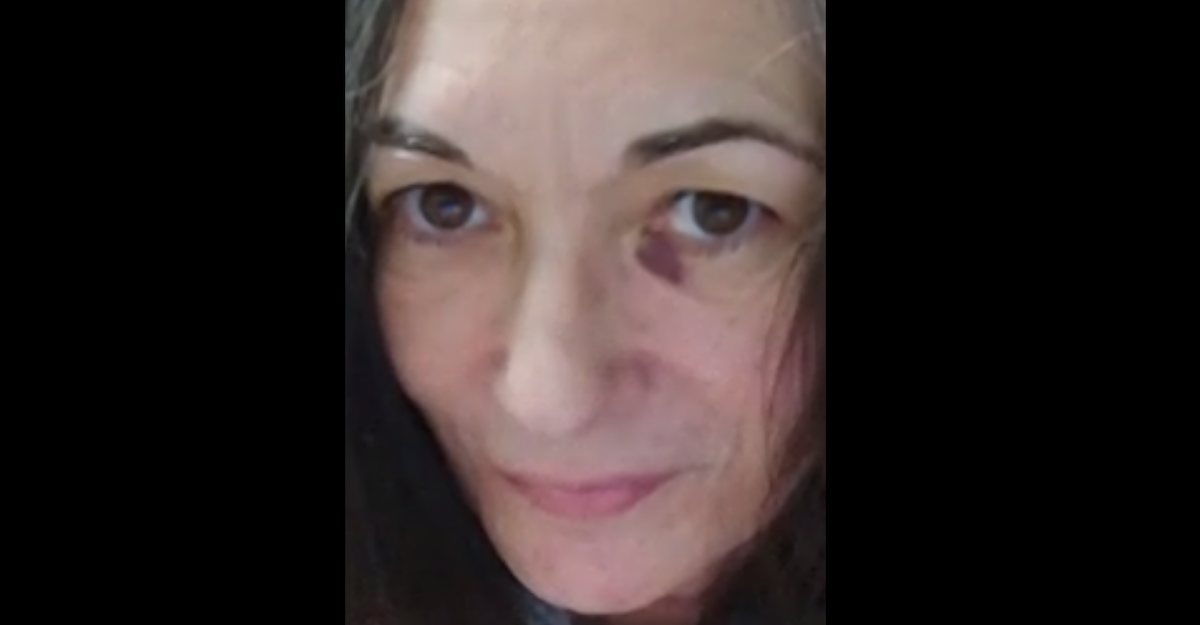
A little more than a month before the anticipated start date of a sex trafficking trial, federal prosecutors told a judge on Monday that Ghislaine Maxwell’s lawyers should not be allowed to screen potential jurors in private grilling sessions.
“The Government respectfully submits that the well-established practice in this District should be followed; that is, the Court should ask most questions in open court and ask sensitive questions, such as those that relate to sexual abuse and media exposure, at sidebar,” Assistant U.S. Attorney Alison Moe wrote in a five-page letter.
The letter comes a little less than a week after Maxwell’s request for extraordinary secrecy surrounding the grand jury process. Maxwell’s legal team—without objection from prosecutors—wanted to keep a proposed jury questionnaire and proposed joint voir dire under seal, citing the extensive pre-trial publicity as justification.
“A tsunami of reporting in every conceivable form – newspapers, magazines, books, television, radio, video streaming services, podcasts, social media platforms – has broadcast this case locally, nationally, and globally,” Maxwell’s lawyer Bobbi Sternheim wrote in an Oct. 12 memo. “Without a doubt, and without any credible evidentiary basis, Ms. Maxwell has been tried, convicted, and condemned in the court of public opinion.”
Maxwell’s lawyers separately requested an “individual sequestered voir dire” and “limited attorney-conducted voir dire.” Sternheim swiftly responded to the prosecution’s opposition, floating the same argument for a change of procedure. The Monday filing produces the latest Google searches associated with the case: more than 4.7 million hits for Maxwell and 26.2 million for Jeffrey Epstein.
“This is an extraordinary case involving sensitive issues,” the filing states. “We urge the Court to exercise its supervisory powers and discretion and grant the defense request for individual sequestered voir dire and very limited counsel-conducted voir dire.”
For prosecutors, these requests were a bridge too far.
“None of the defendant’s arguments warrant departing from the well-settled practice in this District of Court-led voir dire,” prosecutors wrote on Monday. “The Court is well-equipped to thoroughly question prospective jurors and to appropriately filter questions prepared by the parties.”
During most jury trials in the Southern District of New York, the court routinely releases jury questionnaires and questions potential candidates in open court. Federal judges occasionally grant requests for anonymous juries in cases involving organized crime or terrorism, and in these cases, jurors are typically identified by a number and aspects of their questioning are released to the public. There has been no request for an anonymous jury to date in Maxwell’s case.
With trial slated to begin Nov. 29, Maxwell’s lawyers assert that the sex trafficking allegations may require soliciting sensitive information from the jurors, but prosecutors say that typical courtroom procedures already account for such issues.
“Of course, under the typical practice in the District, prospective jurors would not be asked to describe their experiences with sexual assault or the details of pretrial publicity in front of the rest of the venire,” prosecutors wrote. “That questioning would happen at sidebar, in an ‘individual, sequestered’ setting. But not every prospective juror may need additional questions on those topics, and other topics can safely be discussed in the group setting. Accordingly, it is more efficient to conduct voir dire following the usual practice in this District.”
Maxwell’s superseding indictment accuses her of sex trafficking and grooming minors as young as 14 years old for Epstein’s predation from 1994 to 2004. Prosecutors also allege that she participated in the abuse.
“Having developed a rapport with a victim, Maxwell would try to normalize sexual abuse for a minor victim by , among other things , discussing sexual topics, undressing in front of the victim, being present when a minor victim was undressed , and/or being present for sex acts involving the minor victim and Epstein,” the superseding indictment states.
Prosecutors claim the abuse occurred in Epstein’s New York mansion, Palm Beach estate, and Santa Fe ranch, as well as Maxwell’s personal residence in London. Though the indictment focuses on girls labeled as “Minor Victim,” Epstein’s estate recently paid out almost $125 million to roughly 150 people from a fund designed to compensate victims.
Read the prosecution’s motion below:
(Screenshot from court document)